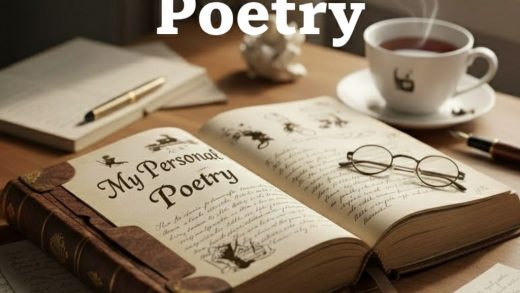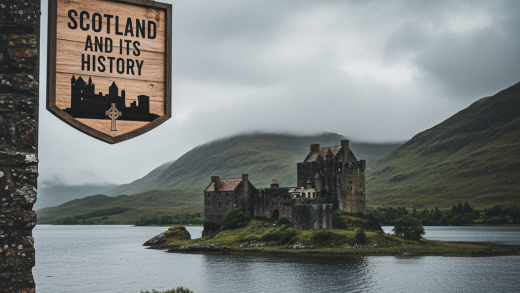
Charles Edward Stuart (1720–1788), also known as “Bonnie Prince Charlie,” was the Stuart claimant to the thrones of Great Britain after 1766 as “Charles III” and the elder son of James Francis Edward Stuart, the “Old Pretender.” He is primarily remembered for leading the 1745 rising, which ended in his decisive defeat at the Battle of Culloden in April 1746, effectively concluding the Jacobite cause. His subsequent romanticized escape from Scotland cemented his image as a figure of heroic failure.
Born in Rome on December 31, 1720, Charles spent his childhood there and in Bologna. His father, the Old Pretender, was the son of the exiled King James II and VII. His mother was Maria Clementina Sobieska, granddaughter of John III Sobieski, famed for the victory at the Battle of Vienna.
Growing up in a privileged but contentious Catholic household, Charles and his family staunchly believed in the divine right of kings, asserting their legitimate claim to the thrones of England, Scotland, and Ireland based on the Jacobite succession.
The Stuart dynasty’s exile began with the Revolution of 1688, when Charles’s grandfather, James II and VII, a Catholic, was deposed and replaced by the Protestant William III and Princess Mary. Since then, the Jacobite Cause had been dedicated to restoring the Stuarts to the thrones of Great Britain, which were united by the Acts of Union in 1707.
Charles’s first exposure to war was observing the siege of Gaeta in 1734. In 1744, his father secured renewed French support, leading Charles to travel to France to command an invasion fleet for England, but a storm scattered the ships, and the plan failed. Undeterred, he remained determined to restore the Stuarts.
Hoping for a warm welcome and a widespread insurgency, Charles landed in Scotland. He raised his father’s standard at Glenfinnan, gathered enough Highland clan support (both Catholic and Protestant), and successfully marched on and captured Edinburgh.
On September 21, 1745, Charles defeated the government forces at the Battle of Prestonpans. He then marched south, reaching as far as Swarkestone Bridge in Derbyshire with approximately 6,000 men. However, due to a lack of promised English and French support and rumors of advancing government forces, his council overruled his objections and decided to retreat to Scotland. They won the Battle of Falkirk Muir but were soon pursued by Prince William, Duke of Cumberland, who engaged them at Culloden on April 16, 1746.
At Culloden, Charles unwisely ignored advice and chose flat, open, marshy ground, exposing his forces to superior government firepower. He commanded from the rear, losing situational awareness. A series of errors, including a fatal delay in an attack order, led to an uncoordinated Jacobite charge into devastating musket and grapeshot fire.
The Jacobite attack was a failure; those who broke the first line of redcoats were shot down by the second, and the survivors fled. Cumberland’s troops allegedly committed atrocities, earning him the nickname “the Butcher.” Charles, believing he was betrayed, abandoned the cause after the battle, despite some of his supporters attempting to regroup. A first-hand account of these events was provided by the Chevalier de Johnstone.
Charles’s subsequent flight from Scotland is commemorated in “The Skye Boat Song.” He hid in the moors, aided by Highlanders—like Donald Macleod and Flora MacDonald, who helped him escape to the Isle of Skye disguised as her maid “Betty Burke”—none of whom betrayed him for the substantial reward. He ultimately evaded capture, departing on the French frigate L’Heureux in September. The Prince’s Cairn marks the traditional spot of his final departure. With the cause lost, Charles spent the rest of his life on the European continent, making only one secret visit to London.
While in France, he had various affairs, including one with his cousin Marie Louise de La Tour d’Auvergne, which produced a short-lived son (1748–1749). In 1748, he was expelled from France under the terms of the Treaty of Aix-la-Chapelle, which ended the War of the Austrian Succession.
Discover more from WILLIAMS WRITINGS
Subscribe to get the latest posts sent to your email.




A very interesting history.
My mother who was of Irish and Scots background was a strong Jacobite.
lol good for her. thank you.
Good post and quite the story indeed. Apparently, I am related to Bonnie Prince Charlie. My late mother’s family were part of the Stuart clan. We passed by Culloden on our 1977 honeymoon trip. All the best William. Allan
well well thats cool mate, its interesting how many people have Scottish origin. take care allan and thank you.